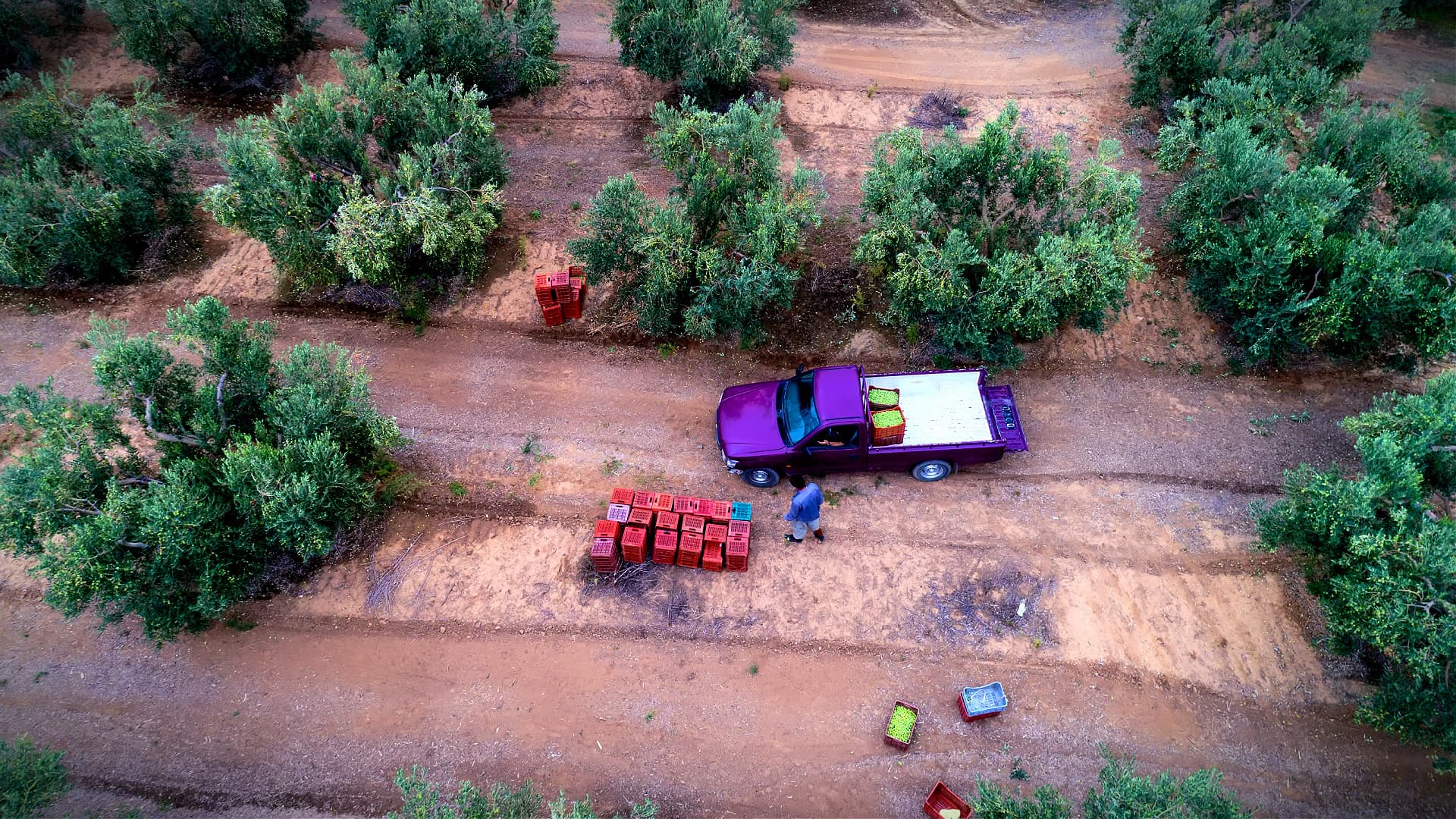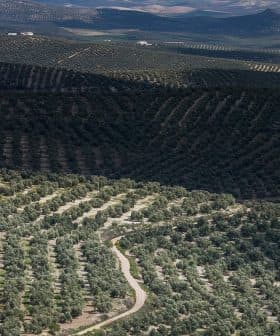E.U Report Predicts Stagnant Olive Oil Market

The European Commission predicts a slight decline in olive oil production and consumption in the EU due to climate change, affecting crop cultivation patterns and limiting yield growth potential, while the agricultural sector is expected to increase food exports and pivot towards exporting higher-value goods to enhance overall value. Olive oil consumption is projected to decline in Spain, Italy, and Greece, but rise in Portugal, with the rest of the EU expected to see an increase in consumption until 2035. Investments in intensive farming practices in Spain and Portugal are anticipated to support production increases in these countries, while the table olive sector is expected to remain mostly stable with slow growth over the next decade.
European Union olive oil production and consumption are expected to decline slightly in the coming years, according to estimates from the European Commission.
In its latest medium-term agricultural outlook, the commission highlighted the detrimental effects of climate change on water availability and soil productivity.
These changes are already impacting food production, including olive oil and table olives, and are expected to intensify. The report noted that these shifts “limit the potential for yield growth and induce a shift of agro-climatic zones northwards, affecting crop cultivation patterns.”
See Also:Italian Producers Grapple with Market InstabilityDespite these challenges, the E.U. agricultural sector is projected to increase food exports over the next decade while maintaining self-sufficiency in key commodities such as wheat, barley, meat, dairy products, wine and olive oil.
The Directorate-General for Agriculture and Rural Development of the European Commission sees a pivot toward exporting higher-value goods instead of large volumes. This trend is expected to enhance the overall value of E.U. exports.
A slowdown in agricultural production is forecasted, with some commodities, including olive oil, anticipated to experience declines over the next ten years.
The report underscored a significant contraction in olive oil consumption in the main producing countries between 2010 and 2024.
“The declining trend observed in olive oil consumption in recent years is expected to continue in the main producing countries, while consumption is projected to grow in other E.U. countries,” the report said.
According to the commission, 1.79 million metric tons of olive oil were consumed in the E.U. in 2010. This volume steadily decreased to 1.59 million tons in 2021 and 1.23 million tons in 2022, with similar levels recorded in 2023 and 2024. These volumes are expected to remain consistent until 2035.
In Spain, Italy, and Greece, olive oil consumption is projected to decline by up to three percent annually over the next decade. Conversely, in Portugal, consumption and availability are expected to rise.
In the rest of the European Union, olive oil consumption is predicted to grow annually by an average of 3.7 percent until 2035.
On the production side, the report highlighted a gradual decline in the hectares of olive farmland in Italy and Greece, two of the continent’s top three producers. This reduction is expected to lead to further decreases in production over the next ten years.
“The future profitability of the E.U. olive oil sector depends on the successful transformation of productive systems, i.e., from extensive orchards to intensive and highly mechanized plantations,” the report stated.
The document specifically mentioned investments in intensive farming practices in Spain and Portugal, which are expected to support average annual production increases of around 1.2 percent in Spain and one percent in Portugal over the next decade.
Yields in these countries are projected to grow by 0.7 percent and 1.4 percent per annum, respectively.
Challenging climatic conditions will also impact the table olive sector, which is expected to remain mostly stable with slow growth over the next decade.
“The beneficial properties of olive consumption and increasing health concerns regarding dietary habits support this expansion,” the report’s authors wrote.









